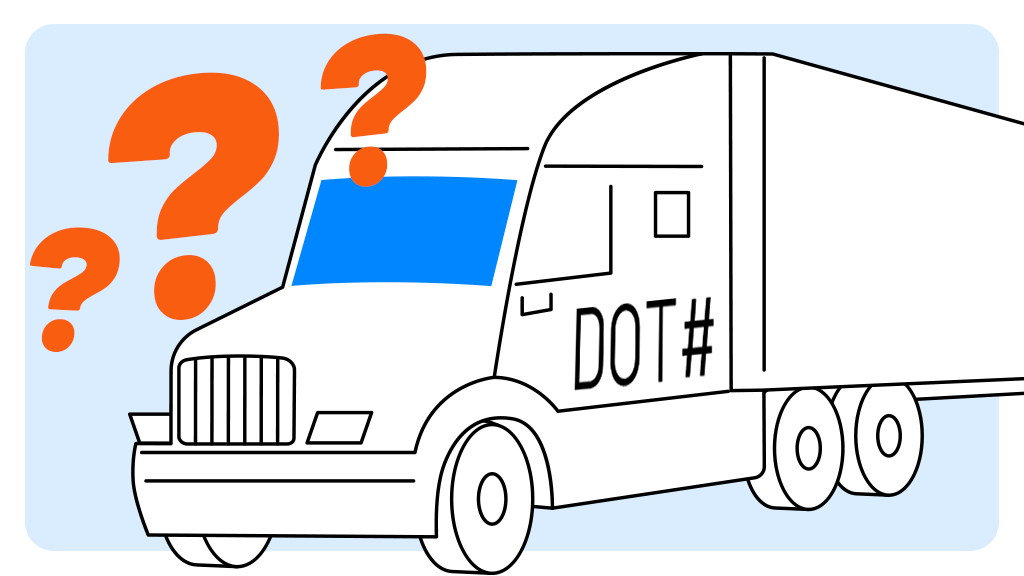Picture This:
It’s 93º out. Your driver just finished a service call and is sitting in the cab—A/C blasting, engine idling, sipping a soda, and scrolling through TikTok. Multiply that by 50 drivers. Then do it again tomorrow. And the next day. And the next. And the next …
If that makes your stomach turn, it should. Those “quick” idle breaks are burning through your budget.
Summer is here, and with it comes longer routes, brutal heat, congested roads, and drivers trying to stay cool—literally and figuratively. But that comfort comes at a cost. Between unnecessary idling, aggressive driving, and sheer miles on the road, your fleet fuel spend can skyrocket faster than a Fourth of July firework.
The good news? You’re not powerless.
Driver behavior is the #1 thing you can control to reduce fleet fuel costs.
Let’s dig into why summer is such a pain point for fuel and how the smartest fleets are cutting the burn without cutting corners.
Summer Driving Is a Fuel-Nightmare (But You Already Knew That)
You don’t need a data analyst to tell you that summer is a beast for fuel costs. Come Memorial Day, the roadways fill up with vacationers and weekend warriors, turning your carefully scheduled routes into unpredictable headaches. Congestion spikes. Travel time drags on. And if your fleet runs through major cities, you might as well throw your fuel budget into the sun.
But gridlock isn’t your only enemy. The real killer is idle time—those long minutes (sometimes hours) your drivers spend sitting in traffic or taking a break with the engine humming and the A/C cranked to max. They’re not doing it to burn your money. They’re doing it to survive the heat. And let’s be real—if your cab felt like a toaster oven, you’d do the same.
Not to mention the wear and tear on your vehicles and the impact on your sustainability goals.
Add in the extended service hours, the longer routes, the increased mileage, and the summer fuel premium that always creeps up when demand spikes. Now you’re not just fighting the weather—you’re fighting a full-on profit leak.
It’s Not the Driver, It’s the Habit
Here’s the truth most fleets don’t want to say out loud: your people aren’t the problem. They’re doing the job, often in brutal conditions, trying to hit deadlines and stay comfortable doing it. The problem is the slow drift into bad habits—especially during the summer—when no one is watching too closely and “just this once” becomes the daily norm.
It starts small. A little more idling here. A few hard accelerations to make up for lost time. A shortcut that isn’t really a shortcut. It’s not malicious—it’s muscle memory. But the impact on fuel consumption is real.
Behavior behind the wheel is the first—and most powerful—line of defense against wasted fuel. That’s not a dig at your team. It’s a wake-up call to start managing what you can control.
And the best way to manage it? Visibility. The smartest fleets use telematics and fleet intelligence platforms to track idle time, route delays, and driver behavior in real time—because if you can’t see it, you can’t fix it.
The question isn’t whether your drivers are trustworthy. It’s whether you have the visibility to know what’s actually happening out there on the road. If your only fuel metric is “this month’s bill,” you’re running blind. By the time you see the spike, the damage is already done.
3 Ways to Rein in the Burn Without Killing Morale
Telling drivers to “just stop idling” is like telling someone to stay cool in a sauna—tone-deaf and doomed to fail. If you’re going to change behavior, you need to meet your team where they are. That means providing context, tools, and incentives—not micromanagement.
So, how do you shift driver behavior without becoming the boss everyone avoids in the breakroom?
Start here:
Put Data in Their Hands
You can't fix what you can’t see. But you also can’t expect drivers to fix what they can’t see. Give them access to their own performance data through driver scorecards. Show them how they rank on fuel efficiency, idle time, and harsh driving behaviors. When people know the scoreboard, they play to win.
Build Real-World Policies
Set idle time thresholds that balance fuel savings with reality. If your drivers are working in 95-degree heat or freezing temps, they’re going to run the A/C or heat. Instead of banning idling outright, use your telematics platform to alert you when idle time goes over a set limit. (Smart telematics tools can even adjust thresholds based on weather conditions, job site location, or time of day.) It’s smarter, more flexible, and a whole lot more human.
Incentivize the Right Habits
Fuel efficiency is a game worth rewarding. Set monthly goals and recognize top performers—publicly. Whether it’s a gift card, time off, or bragging rights on a leaderboard, a little competition can go a long way in reshaping habits. And let’s be honest—fleet folks love to win. These aren’t complicated strategies, but they work. And they send a message to your team: This isn’t just about cutting costs—it’s about making smart, sustainable decisions together.
The Bottom Line: You Can’t Afford to Ignore This
Fuel costs don’t just spike in summer by chance. They spike because of habits you can control—if you have the tools to see them clearly. Every hour of unnecessary idling, every inefficient route, every fuel card swipe that doesn’t add up—it’s all costing you.
And the fleets that win this summer won’t be the ones who work harder. They’ll be the ones who work smarter.
Want a quick win? Download our free Fuel Optimization Checklist to start reducing your fuel costs today—and take the first step toward smarter, data-driven fleet decisions.

![Episode 50 Thumbnail Erin celebrates building the fleet community with 50 episodes and 11K followers on LinkedIn [Podcast]](https://intellishift.com/wp-content/uploads/2025/06/gfx-blog_summer-fuel.png)




